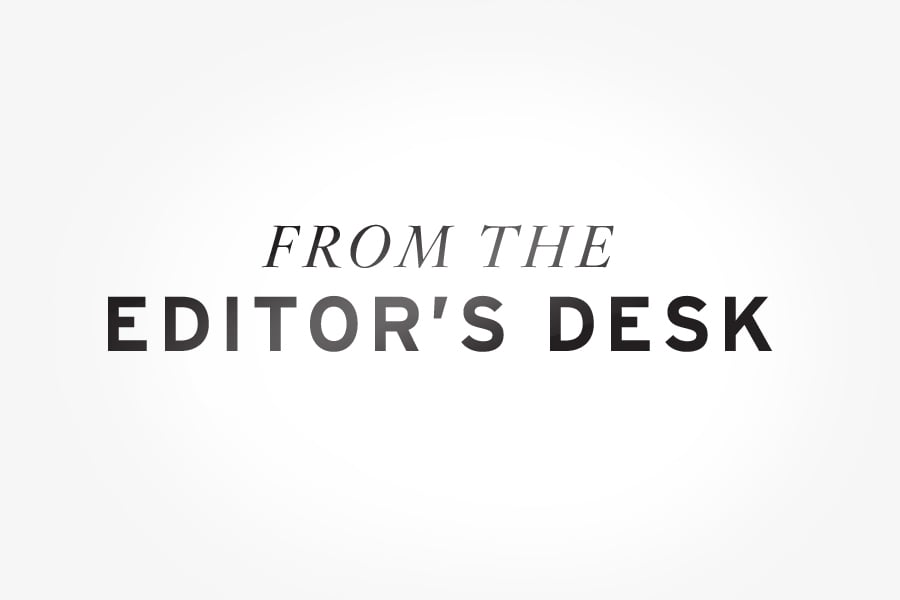Editor’s Note: How to Spot Bad Advice

This month’s feature on the “Best Advice I Ever Got” suggests a complementary article, “The Worst Advice I Ever Ignored.” Every successful person has followed lots of good advice to get where he or she is, and, along the way, they rejected plenty of bad advice, too.
The key to success may be discerning the difference, but the challenge isn’t detecting obviously bad advice. That’s easy to brush off; the problem is advice that sounds clever and useful, but proves to be counterproductive – at least for the time and circumstance in which you receive it.
I think “Trust your gut” fits into that category. Trust your gut is good advice for a smart person who has reached a decision but lacks the confidence to implement it. But it is the wrong advice to give a smart and confident person who truly doesn’t know which way to turn; if the gut choice was the right one, that person would have already picked it.
After all, the gut decision is the easiest for anyone to make. It means following your instincts, your past experiences, your personal comfort zone and your intellectual prejudices. So when a smart and confident person is reluctant to make a gut decision, there must be a powerful reason. As a wise counselor, the best thing you can do is to help them uncover that reason, which should lead to a better decision.
When you read through the guidance offered in the “Best Advice” article, you may notice a theme. Good advice can be simple, but it is rarely the easiest path to follow. It usually means more work, especially more brainwork.
So if someone suggests an easy path, be wary, because there will already be plenty of people on that easy path. It’s always much harder to succeed when there is a big crowd going the same way you are.
Another way to sort out good advice from bad is to study the giver. To collect useful advice, writer Beverly Creamer interviewed – with one exception – local people with long records of success. They offer advice they have already tested for years and found to be very useful. That’s reassuring.
The only person Bev interviewed who doesn’t have a long record of success is Miss Hawaii USA 2013, Brianna Acosta, who, though young, is wise enough to share the good counsel given by her two grandmothers.
Acosta’s choices suggest one final idea worth sharing about separating good and bad advice. Who is giving the advice is important, but so is why they are sharing it. Is your advisor a parent or kindly mentor who appreciates and values you? That ensures the advice is not given carelessly or maliciously. Advice given from love or kindness is almost always inspiring. Cherish it and share it with someone you care for.






